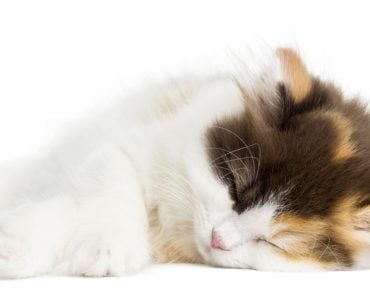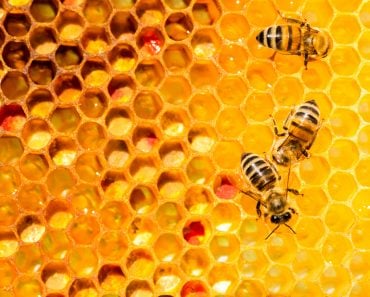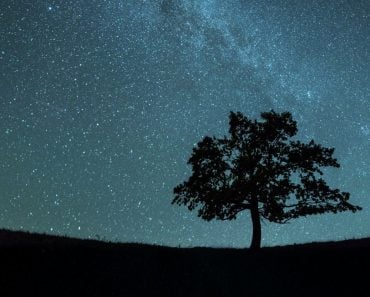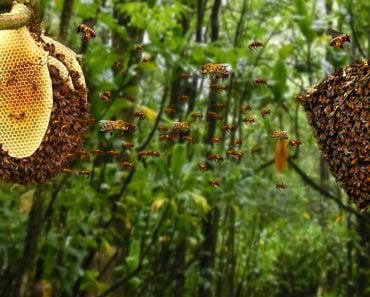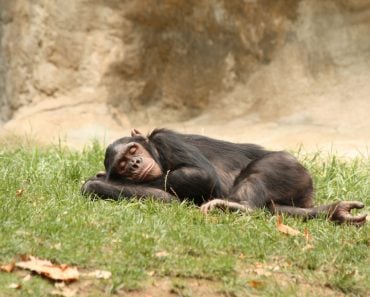Table of Contents (click to expand)
Yes, bees sleep. Scientists who have observed bees believe that they sleep in a similar way to humans, with some bees exhibiting a regular circadian rhythm and others taking irregular and short naps throughout the day. The purpose of sleep for bees is not fully understood, but it is thought to be important for memory consolidation and learning new information. There is no conclusive evidence that bees dream, but some scientists believe that they might dream about elemental phenomena, such as the colors of a flower.
Comparing an organization to a beehive is a common platitude. The metaphor finds its origins in our perception of bees. Bees are known to be tenacious workers who toil relentlessly, whether collecting nectar, building a new hive, synthesizing viscous honey, protecting their revered queen or just randomly buzzing around.
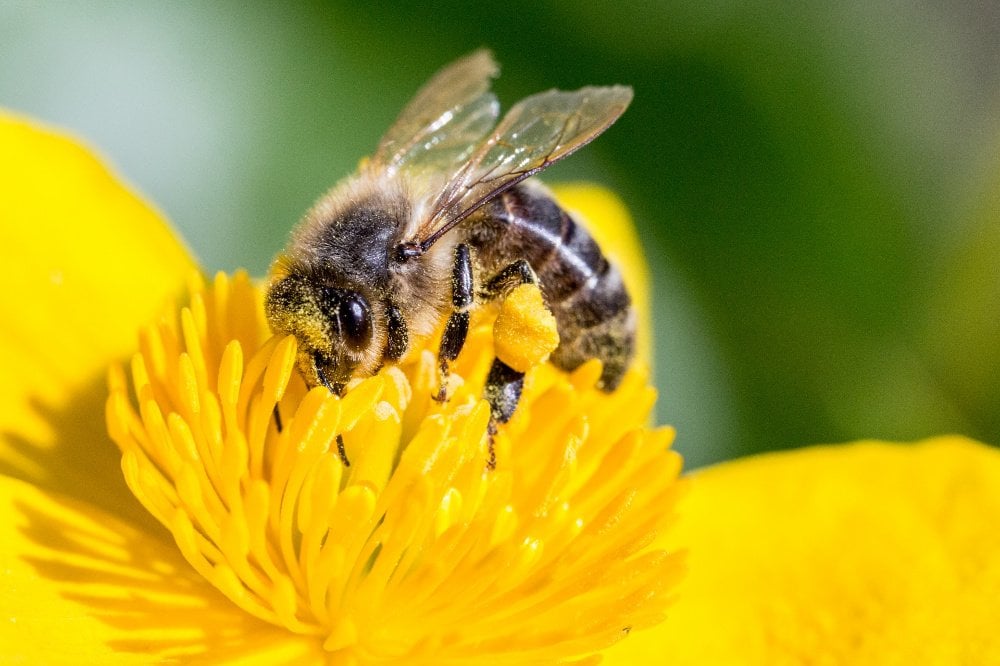
In their incessantly busy lives, do bees ever find the time to pause and rest? Do they sleep?
Recommended Video for you:
Yes, Bees Do Sleep
One reason why someone might believe that bees don’t sleep is that we seldom find one asleep. We arrive at this conclusion based on assumptions about what we conventionally deem to be the characteristics of sleep. These include immobility or a relaxed posture, reduced body temperature, delayed response to disturbances, and neuronal activity corresponding to different sleep phases.
Bees have been continually found to portray these characteristics. The scientist who first discovered that bees sleep is Walter Kaiser. He observed that bees repose by bowing their head to towards the ground, stooping down their antennae and resting their wings on the body.
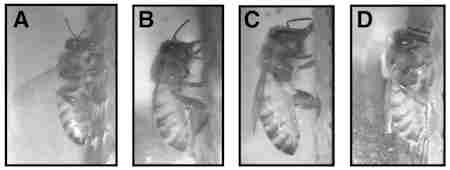
Bees are often found sleeping on flowers, but they buzz away as soon as they encounter some perturbation. This causes us to strike off the characteristics of immobility and relaxed posture. Research has shown that while asleep, a bee’s body temperature declines and it takes a brighter light to wake them up than the intensity of light to which they would usually respond.
This sort of behavior resembles our own sleeping habits. However, unlike humans, not every bee illustrates a circadian rhythm. The variance is introduced depending on the role of a bee in a hive. Only the older ones, formally known as Forager bees, tend to sleep at night. Whereas, a worker bee, known as a Callow, may take abrupt, irregular ephemeral naps throughout the entire day. They lack a fixed pattern.
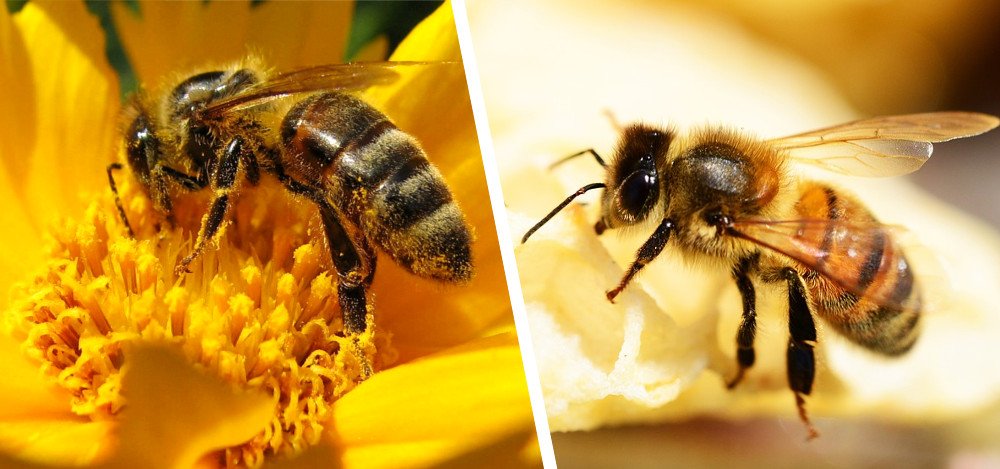
This is because forager bees lack the effusive energy that worker bees possess to work unceasingly, due to infirmity. Diligent worker bees, however, only require small power naps to get through their day. Other than a circadian pattern, napping bees also demonstrate sleep phases, such as relaxed, light and deep sleep.
Because forager bees must indulge in relatively long, undisturbed deep sleep, they tend to sleep on the fringes or perimeter of the hive, away from the chaos in the center. Worker bees participating in light sleep phases, on the other hand, do not hesitate to sleep in the center with other worker bees.
That being said, their sleep patterns still elude detection and confuse scientists. Scientists are not sure why bees of one hive sleep longer than the bees of another hive or cell. We’re still in the shadows when it comes to unraveling this mystery. Could genetic differences be responsible for this disparity? We don’t know.
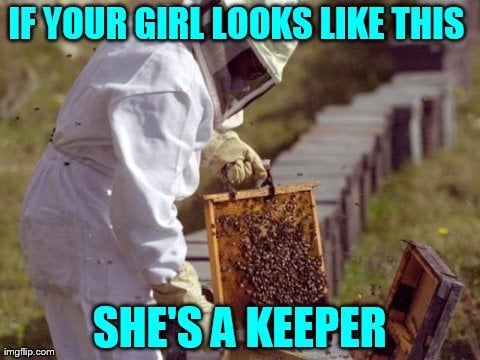
Now that we know that bees sleep, we must ask what purpose it serves for them? Does sleep facilitate the strengthening of memory circuits like it does for the human brain?
Also Read: Why Don’t Birds Fall Off Branches When They Sleep?
Why Do Bees Sleep?
Scientists have narrowed down why bees might sleep to three reasons.
Memory Consolidation
Like humans, bees are indisputably social animals, and the communication of information is of the utmost importance. However, information isn’t simply received and hurtled into a mental cabinet. In order to cement its place in the brain, a bolus of information is transmuted from short-term memory to long-term memory by the process of consolidation.
This “cement” does take some time to dry. Consolidation requires hours, sometimes days, depending on the magnitude of information. Sleep has been shown to be the major facilitator of consolidation. Without deep sleep, consolidation is denied, and consequently, memory retention is gravely impeded.

Consolidation isn’t just restricted to us, but bees as well. In a sort of Pavlovian experiment, bees were conditioned to associate food with a combination of a certain odor and a pinch of heat. However, bees who were permitted to wallow into deep sleep were the only ones who recalled this association, unlike the bees roused in light sleep, who seemed indifferent to the odor and heat.
So, bees must sleep to consolidate the information they acquire through interacting with other bees.
Disruption Of ‘Waggle’ Dance
Bees perform a sort of waggle dance by assuming a posture where the abdomen is directed at a certain angle with respect to the position of the sun. The waggle dance is exclusively performed by experienced forager bees to direct other bees towards a new source of nectar or pollen – a flower.
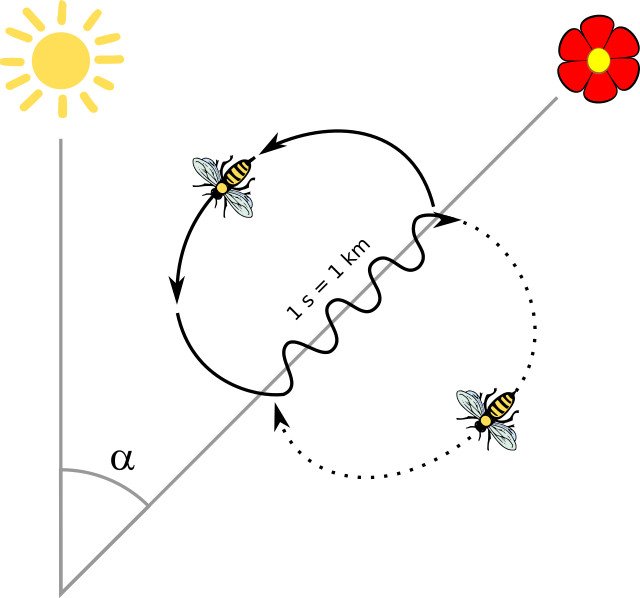
It has been shown that a lack of sleep disrupts the efficacy of the waggle dance. This might lead to unproductivity or a regrettable waste of energy, as the dancer might lead the bees in the wrong direction.
Difficulty Learning New Routes
Even if a forager bee leads his kin to a novel source of nectar or pollen, a sleep-deprived bee may not be able to return to his hive due to a malfunctioning memory. The bee might find it difficult to learn this new route home. This could be a direct consequence of the denial of memory consolidation.
Akin to humans, a bee’s performance – be it waggle dance or learning new information — is exacerbated when it is denied deep sleep. The consequent somnolence renders it tired and fatigued during the day.
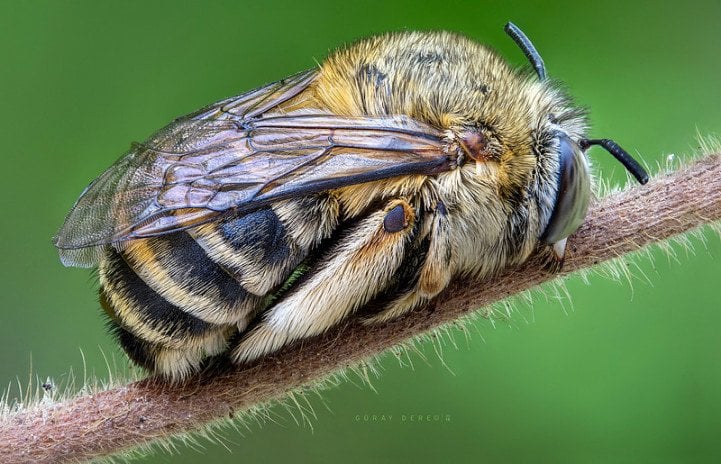
Moving forward with our inquisition, we can ask something even more profound: do bees dream like we do? This is unquestionably fascinating, but the research to support this claim is scarce. A few scientists believe that if bees do dream, their unconscious might be conjuring up elemental phenomena, such as the colors of a flower.
Unassailable evidence proving this claim would be a truly groundbreaking feat.
Also Read: How Do Bees Find Their Way Back To The Hive?
References (click to expand)
- Eban-Rothschild, A. D., & Bloch, G. (2008, August 1). Differences in the sleep architecture of forager and young honeybees(Apis mellifera). Journal of Experimental Biology. The Company of Biologists.
- Beyaert, L., Greggers, U., & Menzel, R. (2012, November 15). Honeybees consolidate navigation memory during sleep. Journal of Experimental Biology. The Company of Biologists.
- Do Bees Sleep? The Science Suggests They Do! With Video .... buzzaboutbees.net
- Do bees sleep? - Sacrewell Farm. sacrewell.org.uk

